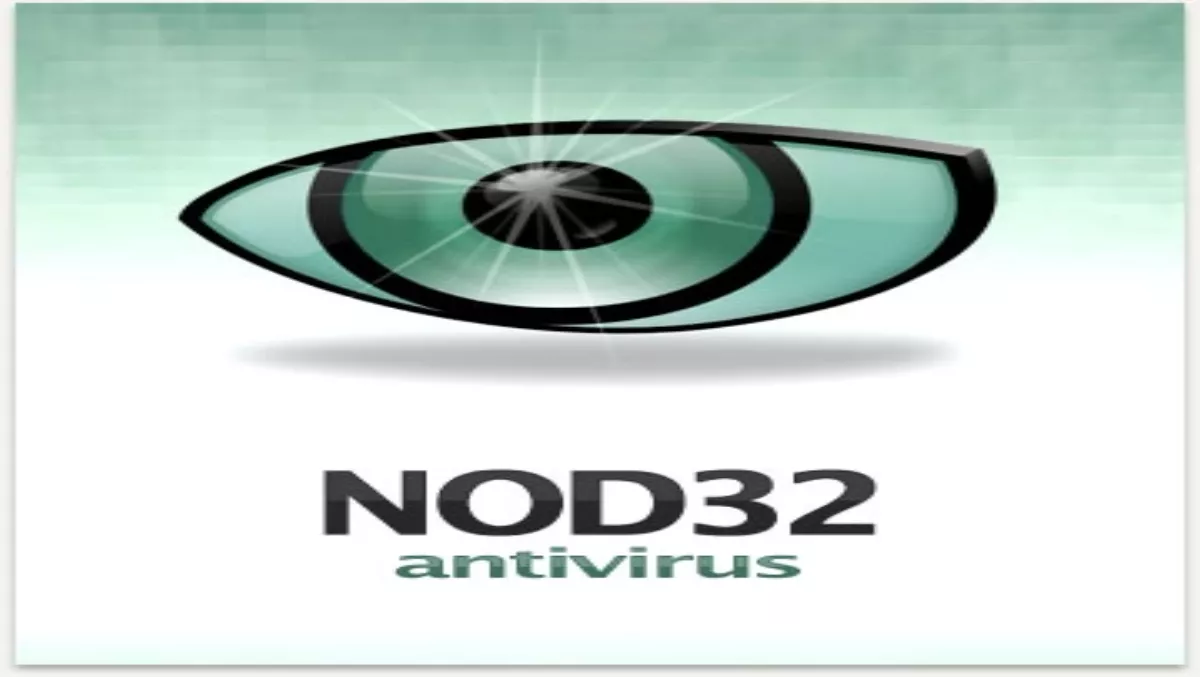
How to choose an anti-virus
Most of us realise the importance of having anti-virus software installed on our computers, but with so many different options out there, and the choice between free or paid (and varying prices for the paid) it can be tricky to know what the best thing for you is. In addition to keeping tabs on the online security world thanks to the folk at Chillisoft, we spoke with Martin Cocker, Executive Director of NetSafe New Zealand and Lloyd Borrett, Security Evangelist at AVG (AU/NZ) to get the answers.
The most important thing when arming your computer against viruses is to remember to keep on top of your anti-virus upgrades.
One of the biggest concerns discovered in a recent survey determining the level of online security among New Zealanders is that many people forget or don't bother to renew their anti-virus software, either on an annual basis or after the initial 30 day trial runs out. Furthermore, when new versions come out, there is a reason for it. "Upgrades introduce new, important security features and all of them are free, yet millions of people just don't bother!" exclaims Borrett.
So, staying on top of upgrades is the first thing. But what about choosing the actual software? Here is a list of the basics you need to be protected online:
- Anti-virus
- Anti-spyware
(The above two are always combined now)
- Firewall software
- Auto updates
It's important to look for a package that offers all of these features in one. The reason for this is that if all of these elements are present in one product, they will work together to keep you protected. If you purchase them all separately, they could conflict with one another as they won't have been designed to work as an integrated system.
"We've noticed an improvement in this area," says Cocker. "Now 80% of people are buying the internet security suites as opposed to back in the day when 80% just got the basic, free anti-virus.
This brings us to our next point. Free or paid? The free anti-virus packages are fine for someone who is just surfing the web and doing nothing else (not sending email, not downloading, not doing online banking, etc) or for someone who is a computer expert and knows how to manage their computer's safety using just the basic, free anti-virus package.However, if you are doing anything else online (such as any of the above mentioned activities), you need the other layers of protection that you get with the paid versions.
"I would recommend the free version to my brother, who is a real whiz with computers, but for my parents I would recommend the full paid internet suite package," explains Cocker. If there is anything you are unsure of, or if you don't want to have to think about your anti-virus at all, you should probably go with the full (paid) package, because it will take care of everything for you," adds Borrett.
If you need further help choosing a brand or level of security, you can always take your queries to the experts.
Companies like Chillisoft will help you navigate the sea of options and choose the product that is right for you.
Finally, no matter how hefty the security package you install is, you still need to be careful online. Cocker leaves us with this analogy to consider: "Think of your anti-virus software as a car. You can buy the safest car in the world, but if you don't drive it safely, you're going to run into problems.

